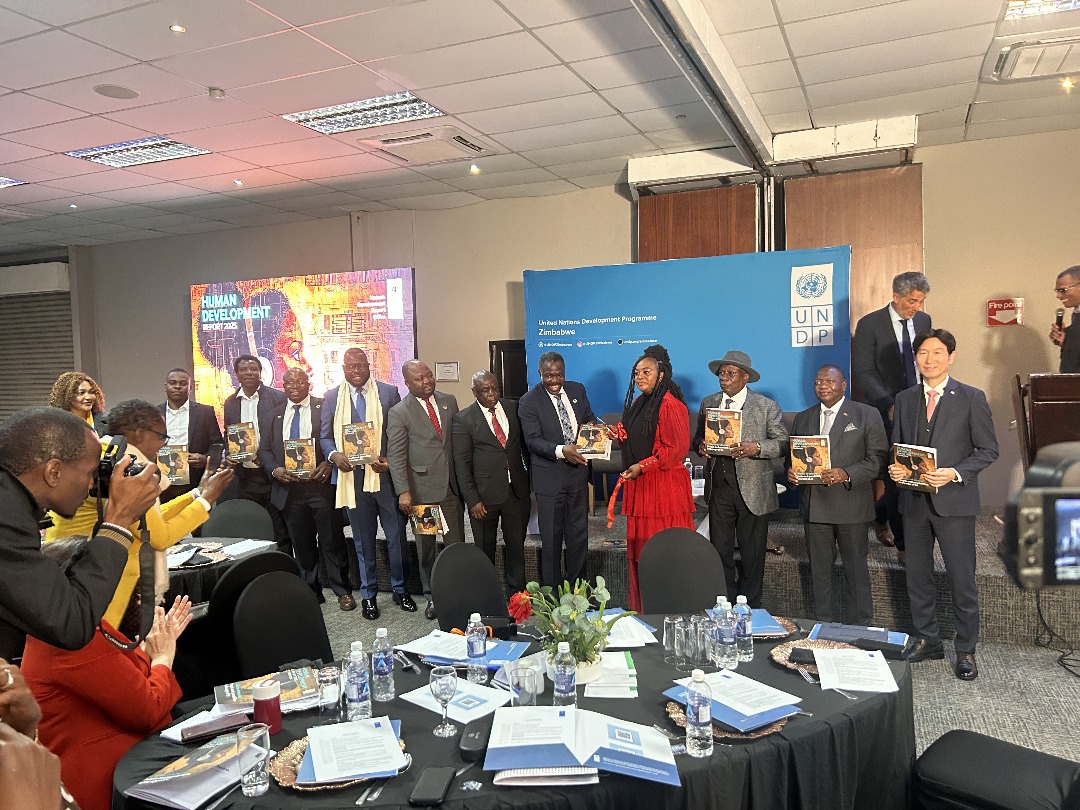 Today, a group that seems to be Sub-saharan Africa’s largest triple play (internet, TV, and voice) service provider, Wananchi, announced that it has raised $130 million to expand its operations in countries in the region that include Zambia, Malawi, Tanzania, Uganda and its home, Kenya. This probably means that in countries like Zambia where Wananchi’s brands had limited market visibility, we will start seeing it more and more.
Today, a group that seems to be Sub-saharan Africa’s largest triple play (internet, TV, and voice) service provider, Wananchi, announced that it has raised $130 million to expand its operations in countries in the region that include Zambia, Malawi, Tanzania, Uganda and its home, Kenya. This probably means that in countries like Zambia where Wananchi’s brands had limited market visibility, we will start seeing it more and more.
The money comes from existing shareholders (Altice S.A., Liberty Global, ATMT and Emerging Capital Partners.) as well as a new investor, the Africa-focused private investment firm, Helios Investment Partners. Altice, Liberty and Helios are said to have contributed c.85% of the round.
Established in 2008, the Wananchi Group took its name from Wananchi Online which was Kenya’s largest ISP. Using its extensive fibre network, Wananchi has managed to position its Zuku pay TV services as an alternative to Sub-saharan Africa’s leader of pay TV, Multichoice. Zuku also has triple play services that Multichoice, because of the lack of an terrestrial infrastructure arm, just can’t provide at the moment. Outside Kenya, Wananchi currently offers satellite TV services, in direct competition to Multichoice.
Other companies on the continent that are looking to compete in the same triple play space aggressively include the Econet Wireless Group which indicated last year it would be entering the pay TV market. Econet Group subsidiary company, Liquid Telecom, is currently expanding its terrestrial fibre network on the continent and through its retail arm already offers 2 (voice and broadband) of the triple play components in Zimbabwe.
Back to Wananchi, information suggests the company intends to “extend its millions of potential subscribers and a wide range of client devices, with the introduction of digital terrestrial TV (DTT) and over-the-top (OTT) video-on-demand (VOD) services.”












Comments
3 responses
i believe that the main revenue earners for telcos will be (1) video on demand (2) data (3) financial services
we will see telcos owning banks like econet and offering financial services from mobile money, money transfer, insurance & the traditional banking services e.t.c . Voice will be offered via unlimited voice plans where you pay a single fee i.e usd20 for unlimited voice calls per month.
The only worry is who will pay for additional improvements in infrastructure since there will no longer be high margin profits in the telco industry. the banking industry is also being disrupted by digital currencies which in the next 10 years will lead to reduced banking charges as soon.
Apps like whatsapp dont contribute a dime to the nextwork infrastructure of telcos whilst they are in direct competition with the telcos especially as soon as they introduce voice calling for free.
data is not that marginal in terms of revenue. so interesting times ahaead
Interesting stuff Soul. Is Zimbabwe ready for this. What are the ecosystem elements that could benefit from this move?
“ready” depends on who’s looking at it and what their plans are. Ready in terms making money from triple play now is o clear because the fibre infrastructure hasn’t reached everyone that can afford to take it up. And even for those that have it on their streets, some middle income people aren’t taking up because it just a bit beyond the their reach. People here also happen to be in the doldrums in terms of disposable income to spend on wants like internet for TV.
I think if the provider wants to make cash now and their funding source is not long term, then Zim may not be ready. For medium-long term laying of foundation for triple play, we are as ready as can be!
edit
—–
forgot to answer your second question. The biggest groups to benefit I think is the ecosystem of content creators and solution providers. In Wananchi’s case, they are doing a lot to help TV content creators by funding the creation of TV shows, funding sports and the like. Bringing it back home, there’s a lot of potential for productions like Vhara Zipi, Zviri Kufaya naKeda, and the Animation stuff that Nafuna TV does. There’s just need to bridge gap of funding the creation of the content. Fibre network providers can hopefully buffer content creators on this and then make their money at the point where they bundle the payment for fibre internet to content.
Incumbents like Multichoice will ofcourse need to work more for their money, which just creates better TV products (better price, quality, locla relevance, fewer repeats etc…) for consumers